Israel’s proclaimed status as the only democracy in the Middle East is coming into question as enraged Israelis take to the streets to protest the governments’ most recent proposals. Netanyahu’s controversial right-wing government’s attempt to overhaul the judiciary has intensified polarization and widened the longstanding gaps between the right and left as well as the secular and the religious segments of society. The proposed law, which would allow the government to override court decisions by a simple majority and make its own judicial appointments, has already passed votes in a session of the Knesset Law and Constitution Committee to go to its first reading at the Knesset on February 20th, supposedly leaving time for the sides to attempt a negotiation process.
However, as trust in political parties and the formal democratic process has declined, protesting until the decision is reversed appears to be the left’s only option as protests continue for the seventh week. Still, whether the outcome is a reversed decision or a prolonged negotiation process, the current situation has arguably been a catalyst for a societal transformation that may have been long overdue for Israelis. For years, many have been asking “what happened to the Israeli left?” but the process currently unfolding may have greater implications. The question now is, how significant is this transformation, to what extent can it penetrate and reshape some of the most deeply rooted elements of Israeli political culture and what impact could this potentially have on the conflict with Palestine?
Polarization: Awareness vs. Denial
One Haaretz article likens the current political struggle to the only moment in history, just six weeks after its establishment in 1948, when Israel was close to a civil war. The fact that Israelis were already concerned about a “war of brothers” within the first month of protests suggests both an awareness of the gravity of the situation and an uncertainty about the extent to which it may erupt, including the lengths to which each side may go to achieve its goals. It is claimed that, since 1967, the main distinction between the left and right in Israeli politics is not so much about socioeconomic policies as it is about their position on the conflict with Palestine. That the current tensions, which do not directly relate to the Palestinian issue, would trigger these existential fears is telling of the shift that could occur and suggests that it may be difficult to continue separating the occupation from the debate on democracy.
But why should awareness matter to Israelis? Because one key element of solving protracted conflicts is the difficult process of identifying and reaching a consensus on the key causes of conflict and defining the specific obstacles to change. Both right and left must agree on what the real threat is at the moment. Over the years, a number of Israelis have spoken up and identified racism and inter-group divisions to be one of the biggest threats to their society. And yet, for some reason they have not been addressed. The graph below demonstrates the growing tensions between the right and left in the last decade.
One of the biggest reasons, which many on both the right and the left refused to confront, is the impact of the occupation. This denial arguably rendered some other inevitable political divides dormant. For example, in past years, despite many secular Jews preferring more division between religion and the state, they were still in favour of the preferential treatment of Jews under the Jewish state, a stance that was shared with religious and traditional Jews, adding up to 79% of Jewish respondents. This, Jewish supremacy, is now one of the suspects of the decaying democracy. Different ideas of what a “Jewish state” entails also contribute to a mismatch of expectations; while the majority of Israelis across groups find that Israel can be both a Jewish state and a democratic one, about 36% of Haredim — ultra-orthodox Jews, who are expected to make up 16% of society by the end of the decade — say that it cannot. At the moment, the religious public is the group that feels most represented by the Knesset. In light of this, those who do not feel represented by the Knesset, including 62% of left wing voters, may begin to reconsider their definition of democracy.
Redefining Democracy
Indeed, there is a minority of leftists at the recent protests who believe that protecting democracy requires a state where there is equality as opposed to Jewish supremacy. Among them are those who are aware that for many other “leftists” this is pushing boundaries too far or jeopardizing the main objective of the protests and yet, they see it as a necessary step to fixing their democracy. This minority, reported informally through coverage of the protests, is consistent with a 2022 public opinion poll in which 8% of respondents stated that their preferred solution for the conflict was a one state solution with equal rights for all citizens. But this group may not be a minority for very long. In January, 600 Jews, including ultra-orthodox, national-religious and a few secular Israelis, attended the first ever “Faithful Left Conference” where different speakers and participants discussed issues surrounding the occupation, feminism, religion and state, fighting poverty, and distributive justice. One of the recurring talking points at the conference was the role of the occupation and right-wing politicians in normalizing extremism, racism and violence. Many are now starting to see how the tools used to “protect” them from Palestinians are shaping their society.
In a significant turn of events, the proposed judicial reforms have also created small fractures among the right with religious right wingers becoming more visible at the protests. A group of right-wing mayors have also signed on to an open letter calling on the government and opposition to work towards a compromise. However, whether the left, without clear leadership, can compromise on these reforms appears to be unlikely at the moment. Furthermore, while fractures on the right present an opportunity for the left to mobilize and gain support, they also increase the possibility of a larger centre-right or left as security concerns lead Israelis to seek compromise, resulting in a continuation of business as usual.
Can the Status Quo be Sustained?
The persistent unwillingness of the majority of Israelis to confront and address the occupation amongst each other at the January protests still demonstrates how the dominant role of the right clearly limits the flexibility of the lefts political messaging. Some protestors expressed disapproval with the Palestinian flags raised at the demonstration, concerned that they would be misidentified as Palestinian demonstrations and that the right would use this to discredit them. Furthermore, even though about 60% of Israelis from all backgrounds and political factions think the judicial reform will lead to some form of violence, only 31% think the process should be stopped, while another 31% think it should be postponed, and 24% said it should continue as planned. While this seemingly contradicts previous data which showed that trust in the political system has declined, and that therefore more Israelis should want the process completely stopped, it is also likely that many who are in favour or undecided about the reforms are concerned about the growing number of protestors.
The slow but unfolding societal transformation in Israel, brought about by the need to address a decaying democratic process and deepening divisiveness, has led the Israeli left to confront its fragmentation, which they now realize weakens their position, as well as a collective reflection on the causes of polarization. This has started a process of critical re-evaluation of the definition of democracy as well as a reconfiguration of political demographics, with some right and left wingers moving towards centre as well as a growth of the religious left. Despite the likelihood of a compromise between the government and opposition, Israelis are now on high alert for threats to their rights and freedoms and there appears to be a window of opportunity for addressing and rethinking some of the most sensitive issues, especially Palestine.
References
Pfeffer, Anshel. “Democracy in Israel Will End before a Civil War Erupts.” Haaretz.com. Haaretz, January 12, 2023. https://www.haaretz.com/israel-news/2023-01-12/ty-article/.premium/democracy-in-israel-will-end-before-a-civil-war-erupts/00000185-a6e6-d948-a1bd-eee7e8200000
Bloomfield, David, and Daniela Körppen. “The Circularity of Conflict Dynamics.” Essay. In Social Change and Conflict Transformation, 77–79. Berlin: Berghof-Forschungszentrum für Konstruktive Konfliktbearb, 2006.
Gross, Judah Ari. “Haredim Are Fastest-Growing Population, Will Be 16% of Israelis by Decade’s End.” The Times of Israel, January 2, 2023.
Mitchell, Travis. “Israel’s Religiously Divided Society.” Pew Research Center’s Religion & Public Life Project. Pew Research Center, April 13, 2022. https://www.pewresearch.org/religion/2016/03/08/israels-religiously-divided-society/
“Hate Index 2022.” PNIMA Movement, 2022. https://www.pnimaisrael.com/%D7%9E%D7%93%D7%93%D7%94%D7%A9%D7%A0%D7%90%D7%94
Shimoni, Ran. “At Tel Aviv Protest, a Minority Makes Its Mark with Palestinian Black, Red and Green.” Haaretz. Haaretz, January 15, 2023. https://www.haaretz.com/israel-news/2023-01-15/ty-article/.premium/at-tel-aviv-protest-a-minority-makes-its-mark-with-palestinian-black-red-and-green/00000185-b5bf-db30-adc7-ffffbb8c0000
“What Do Israelis Really Think about the Two-State Solution?” Geneva Institute. Midgam Institute, July 2022. https://geneva-accord.org/wp-content/uploads/2022/07/Israeli-Public-Opinion-Poll-July-2022-1.pdf
Roth-Rowland, Natasha. “A Coming out Party for Israel’s Religious Jewish Left.” +972 Magazine, February 7, 2023. https://www.972mag.com/religious-jewish-left-israel/
Kingsley, Patrick. “Netanyahu’s Judicial Overhaul Has Divided Israel. Even the Religious Right.” The New York Times. The New York Times, February 14, 2023. https://www.nytimes.com/2023/02/14/world/middleeast/netanyahu-israel-judicial-overhaul-religion.html . Ibid.
“Over Third of Israelis Fear Judicial Reform Will Lead to Civil War.” The Jerusalem Post, February 7, 2023. https://www.jpost.com/israel-news/article-730852
“Only 1 in 4 Israelis Want Government to Forge Ahead with Judicial Overhaul – Poll.” The Times of Israel, February 11, 2023. https://www.timesofisrael.com/poll-only-1-in-4-israelis-wants-government-to-press-ahead-with-judicial-overhaul/
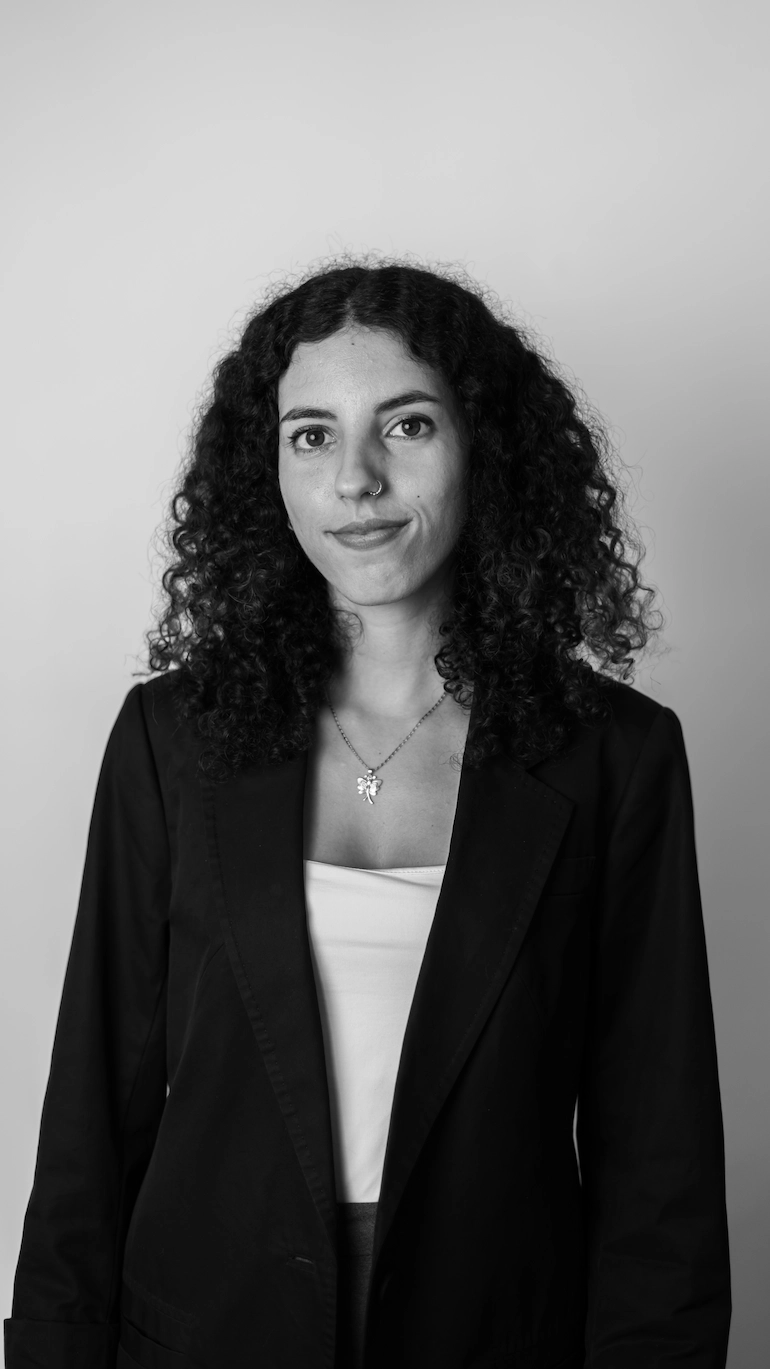
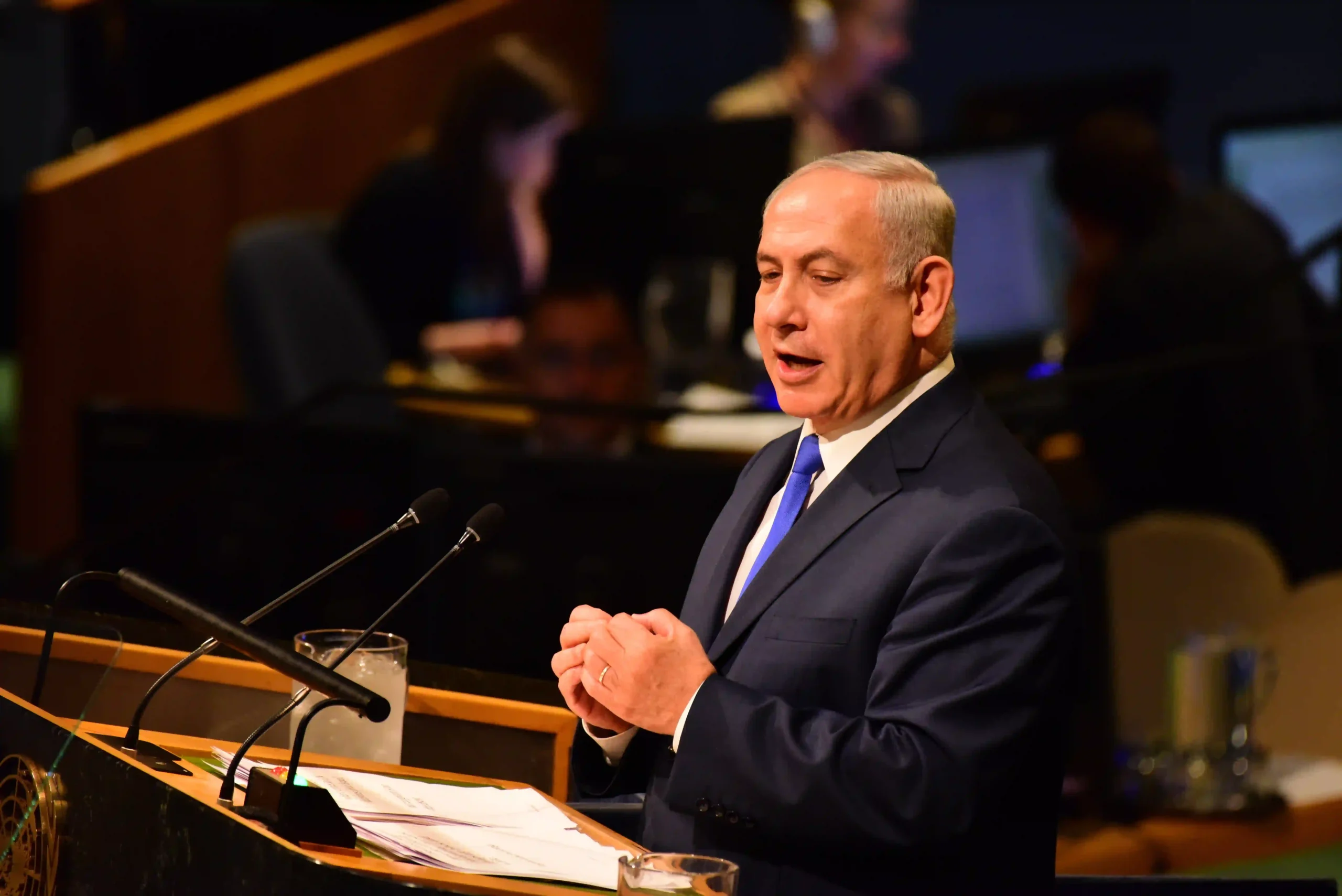
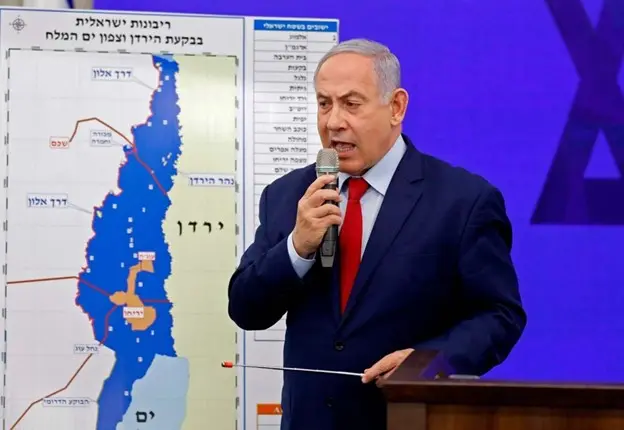
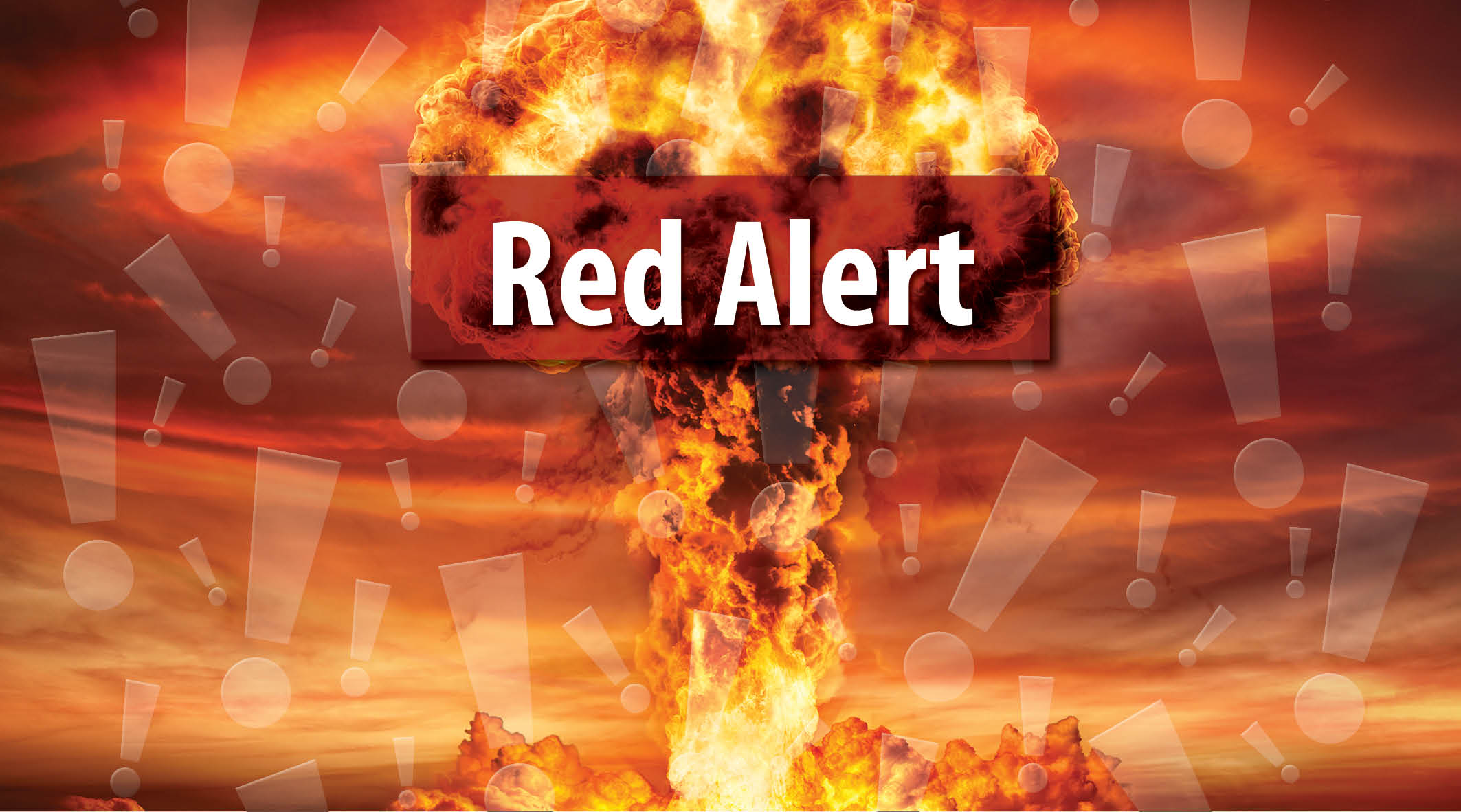
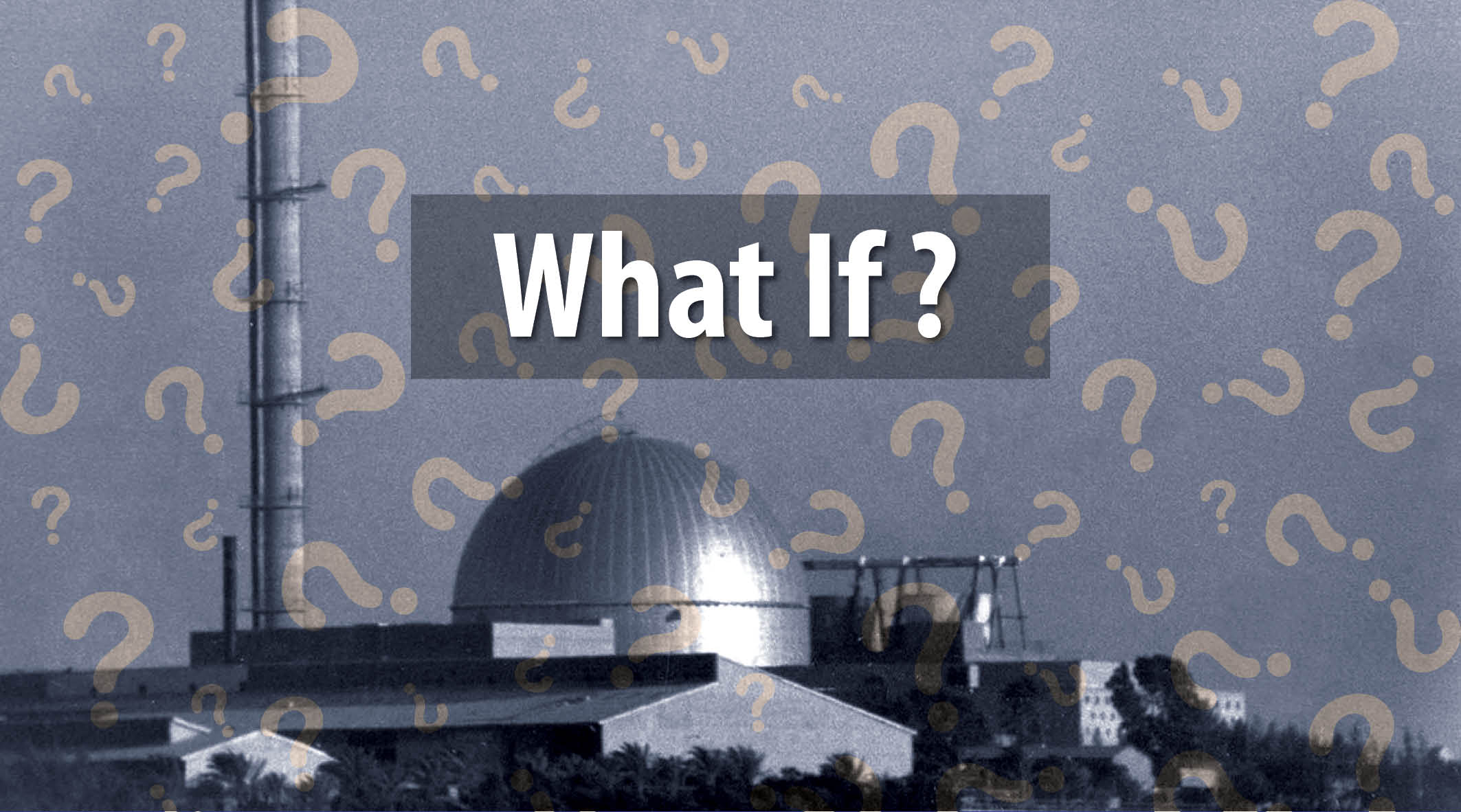
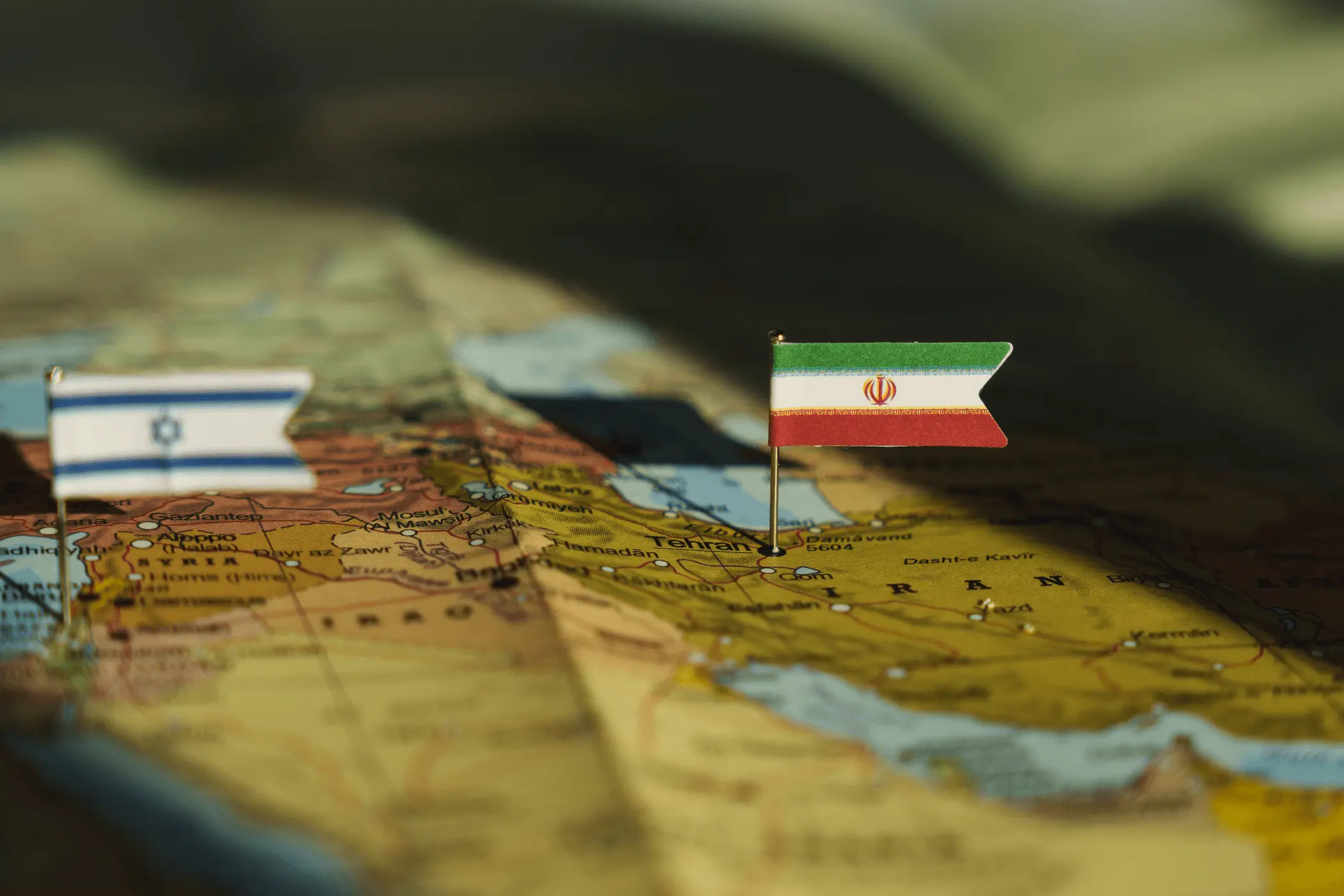
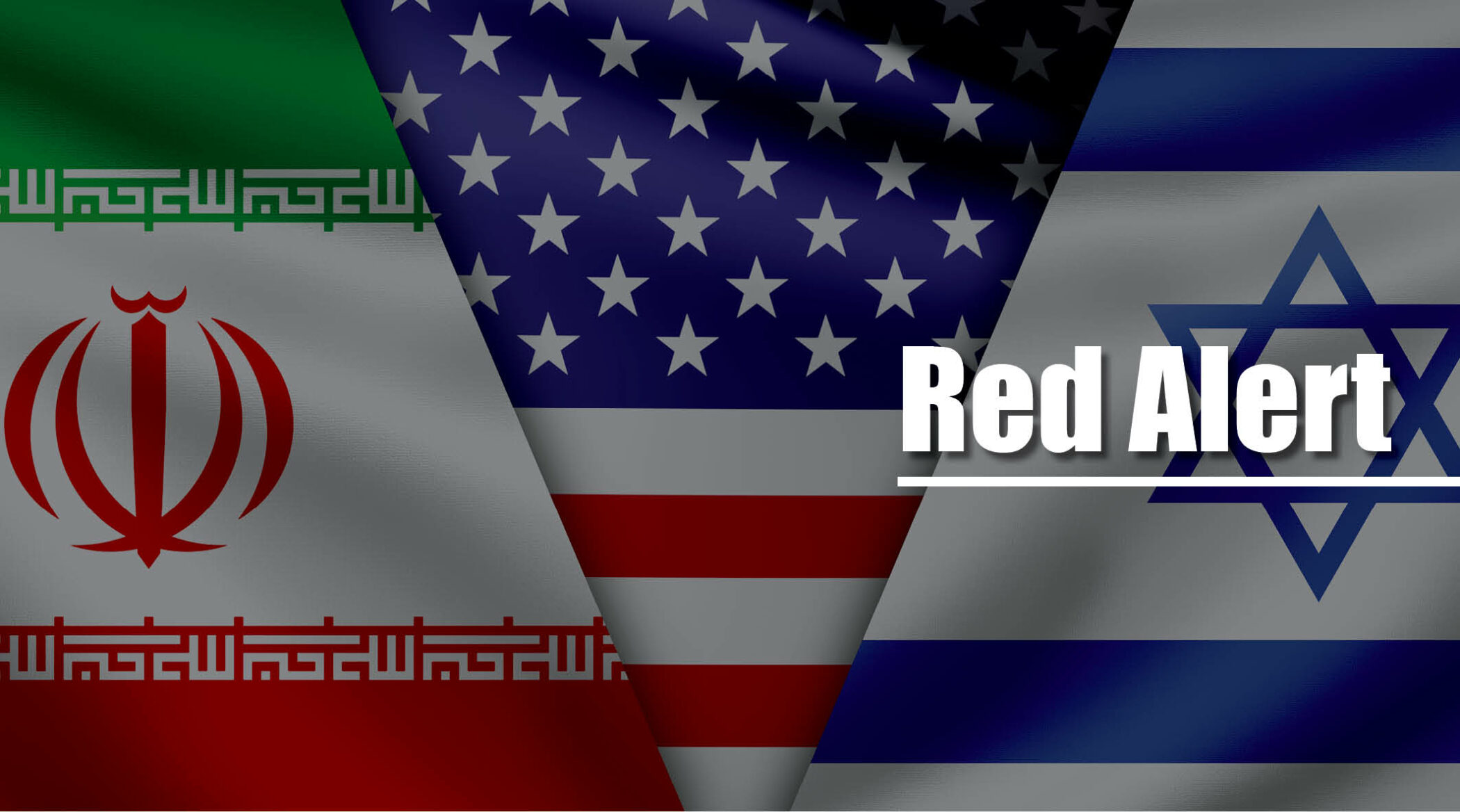


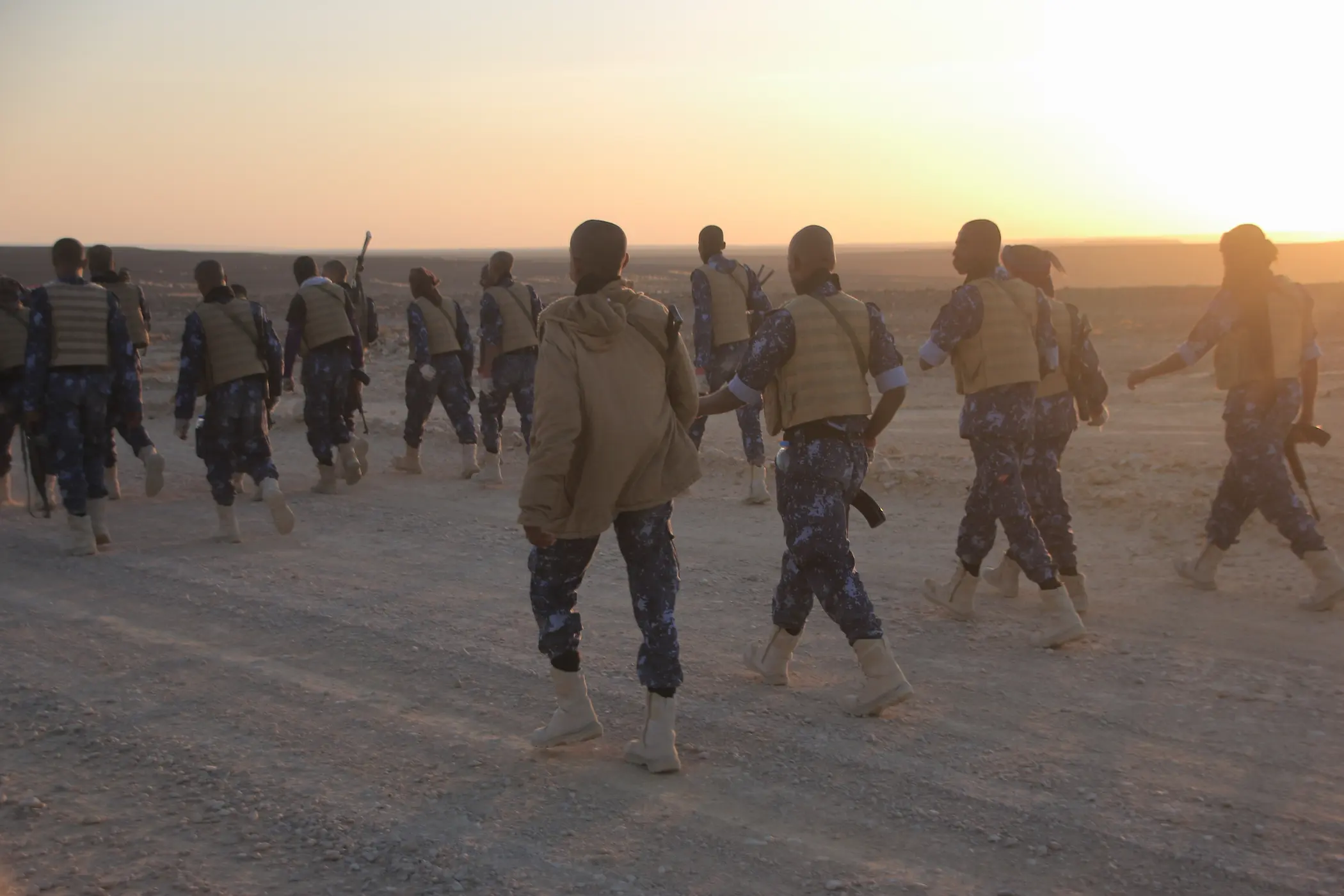





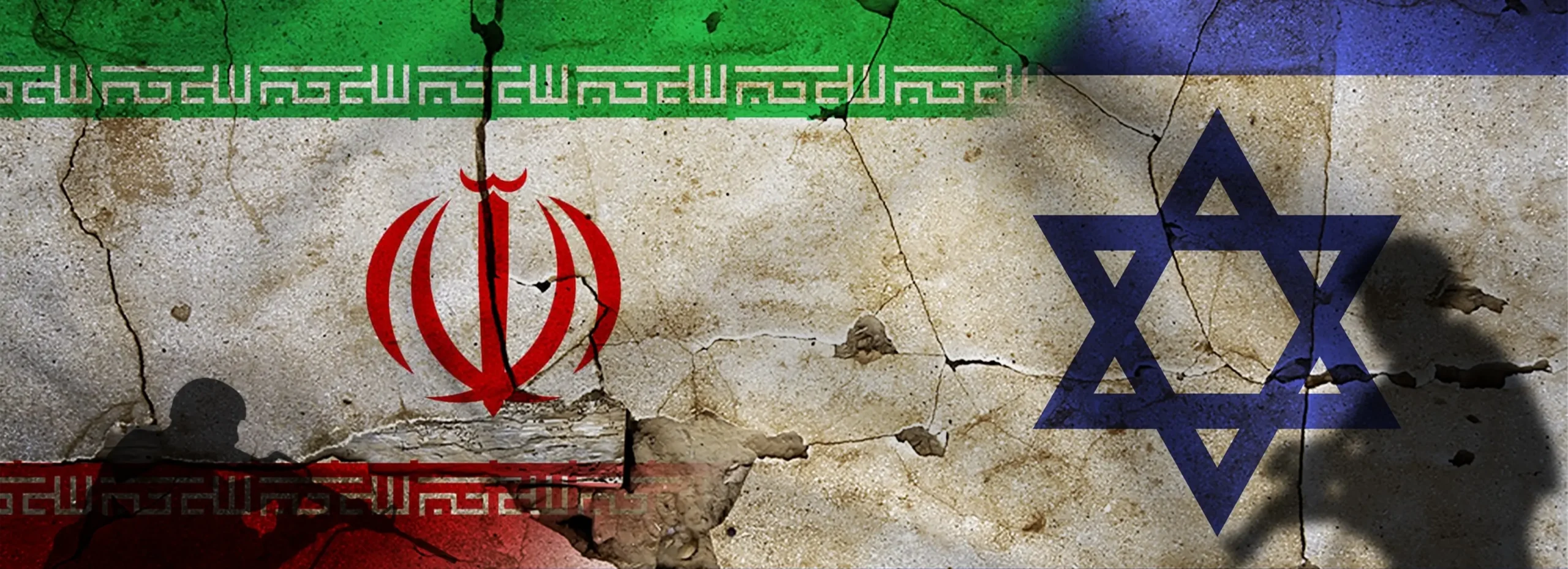
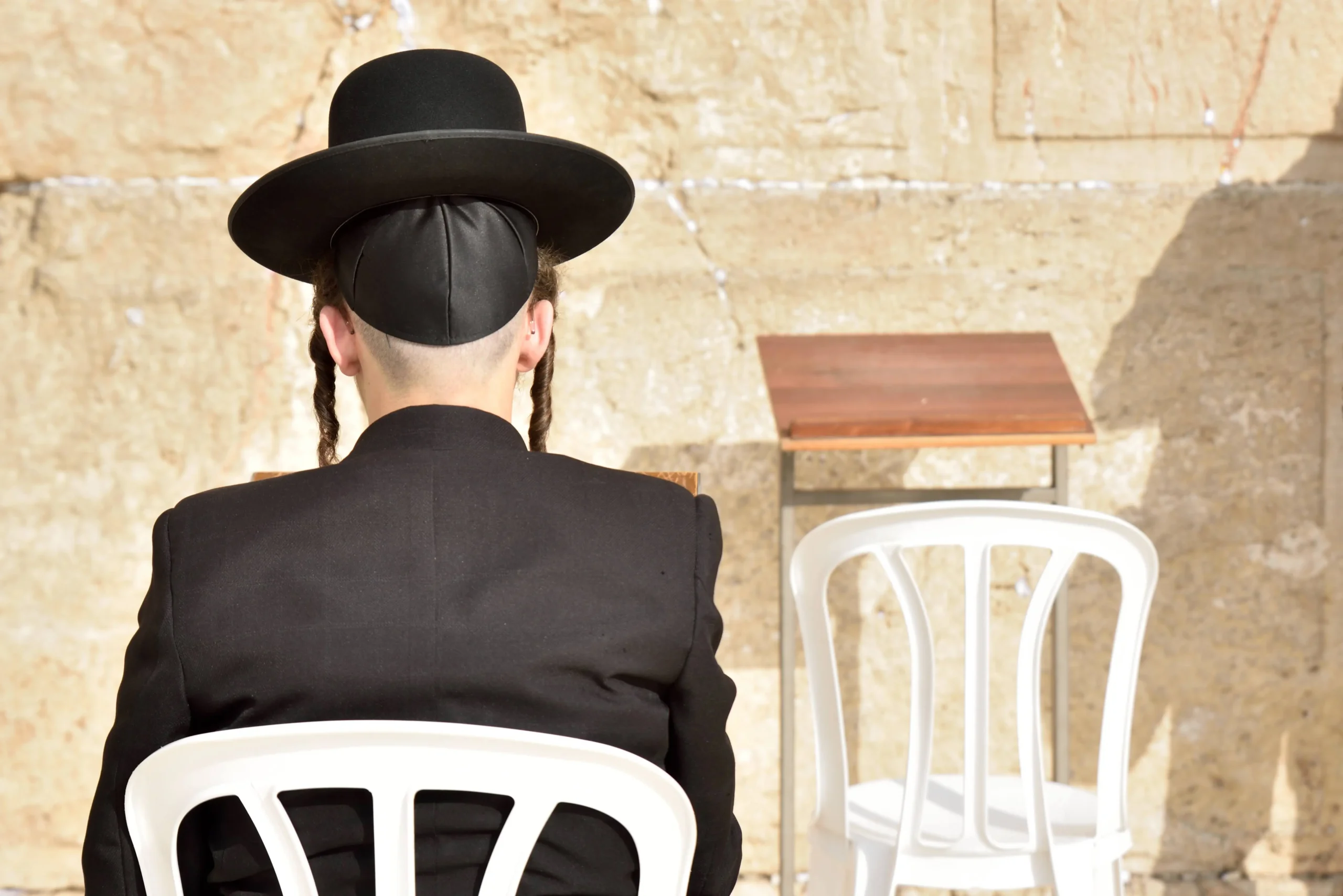

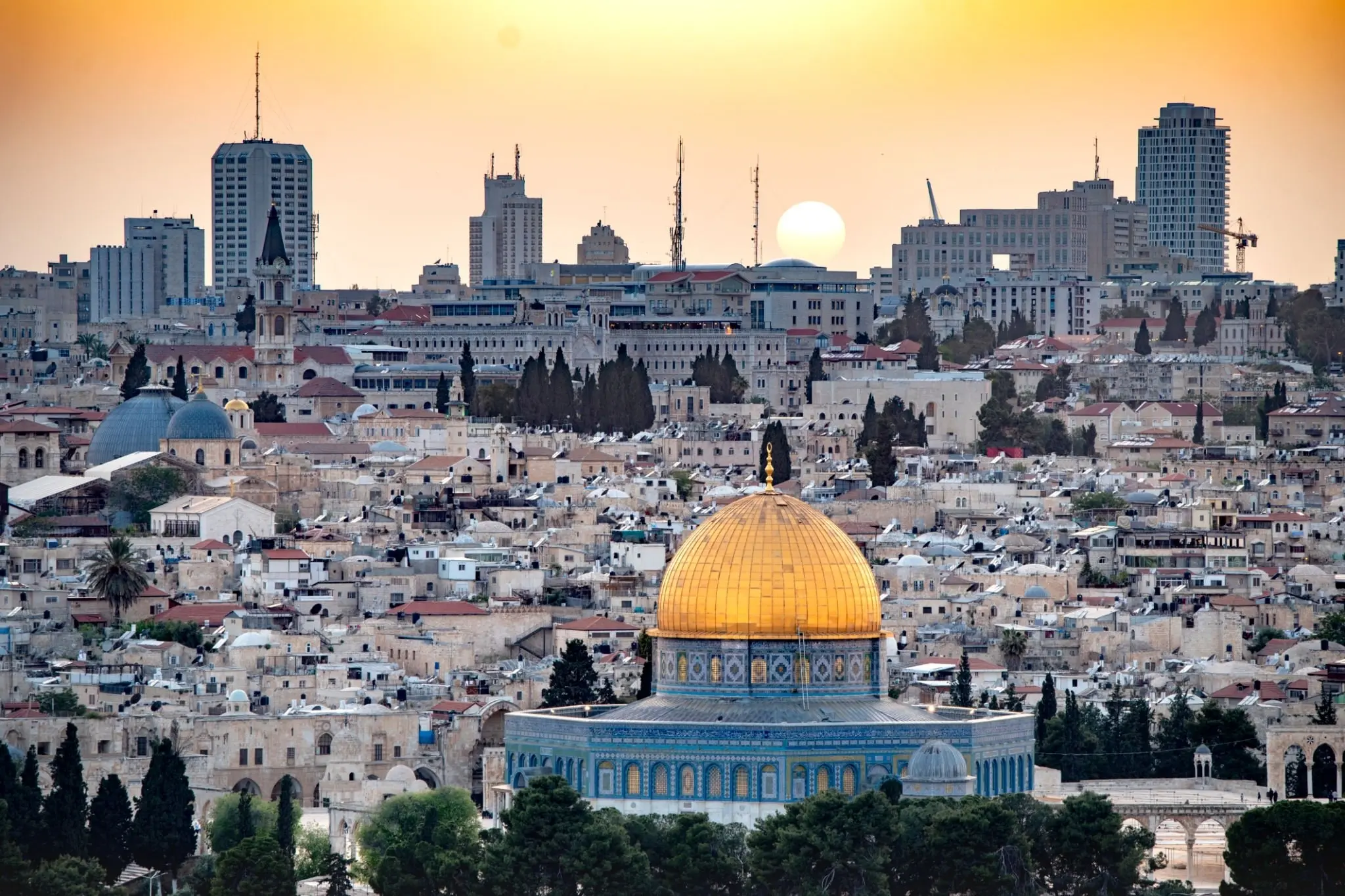
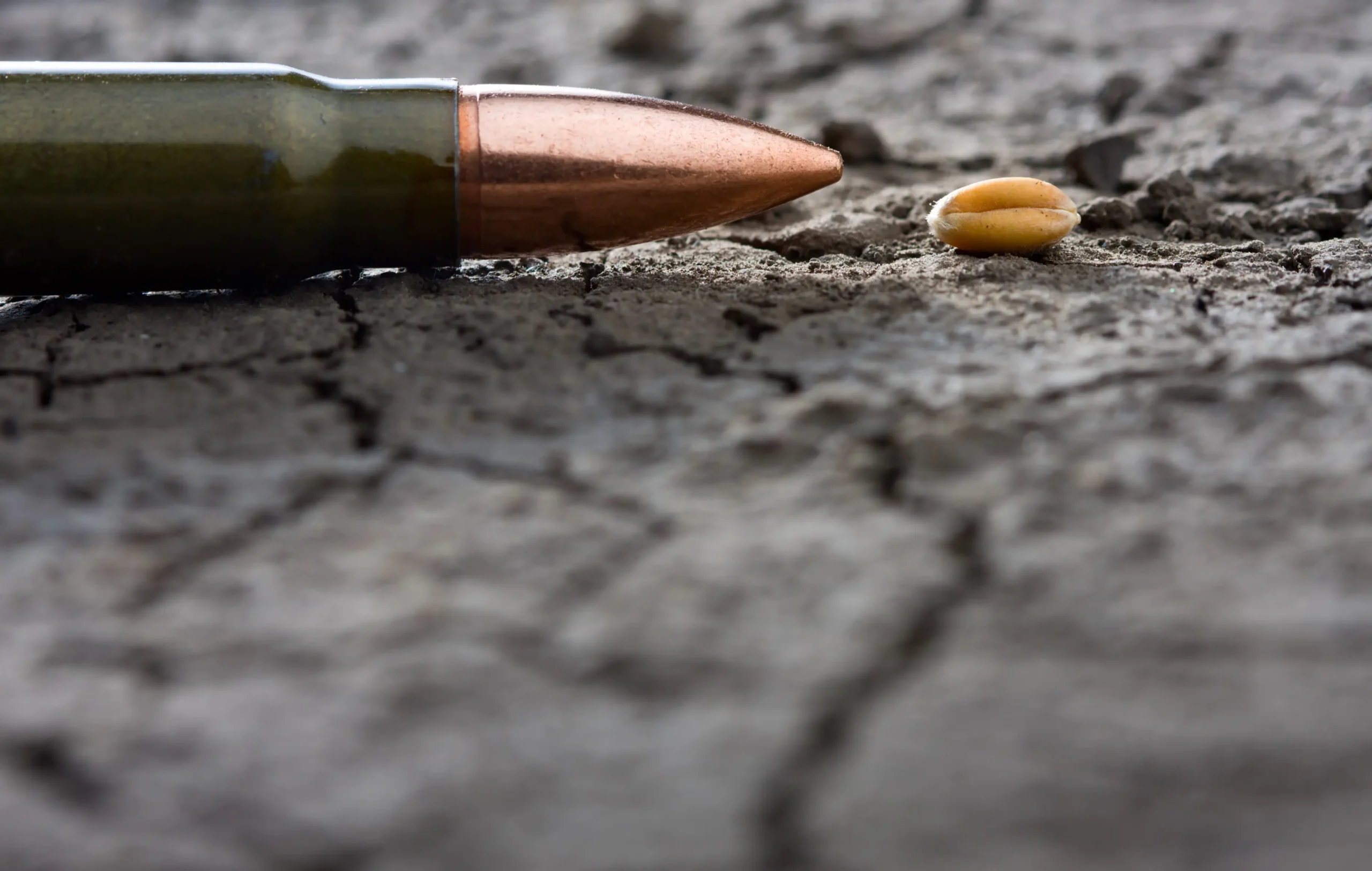
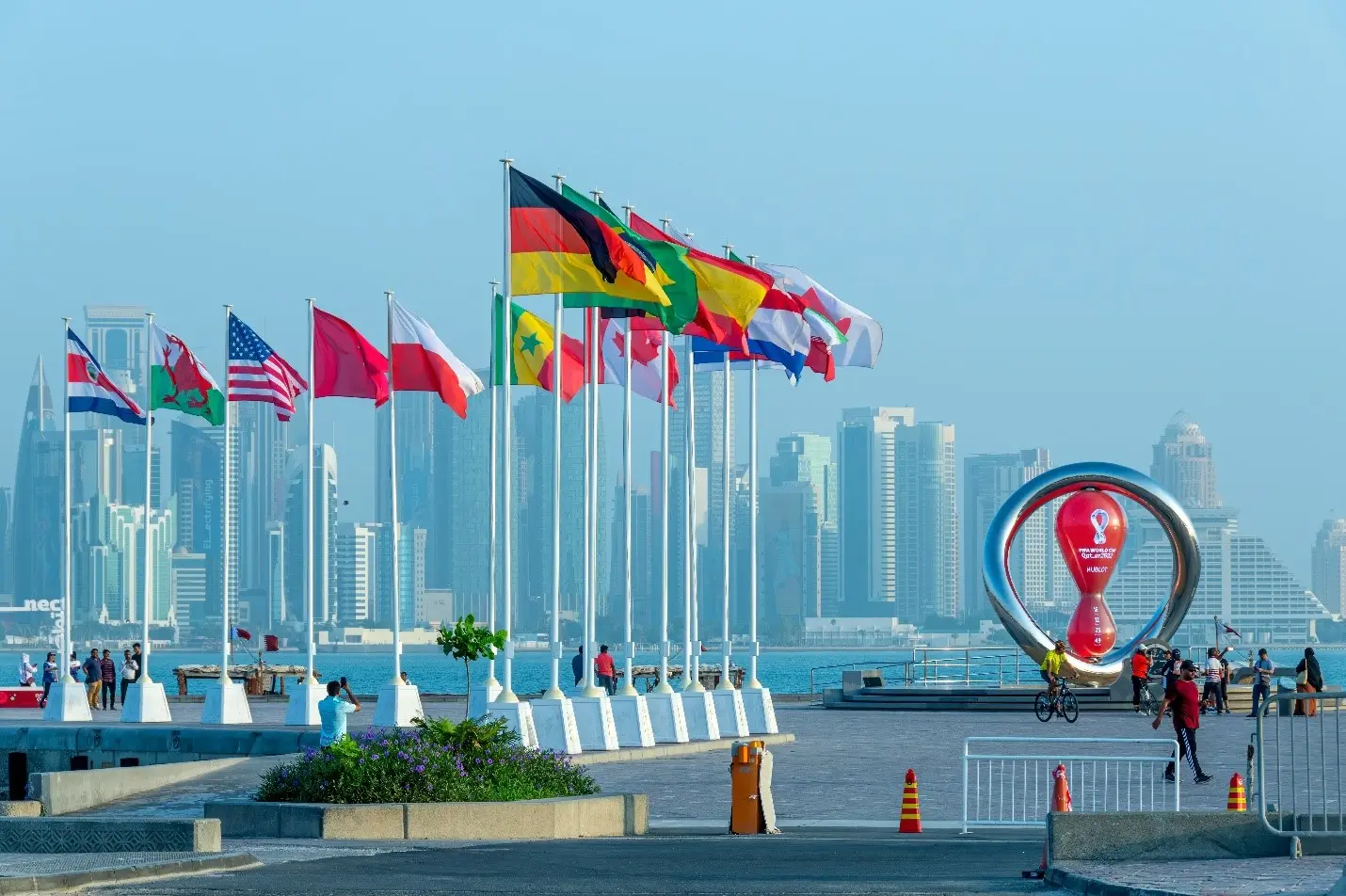
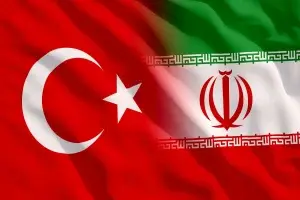
Comments